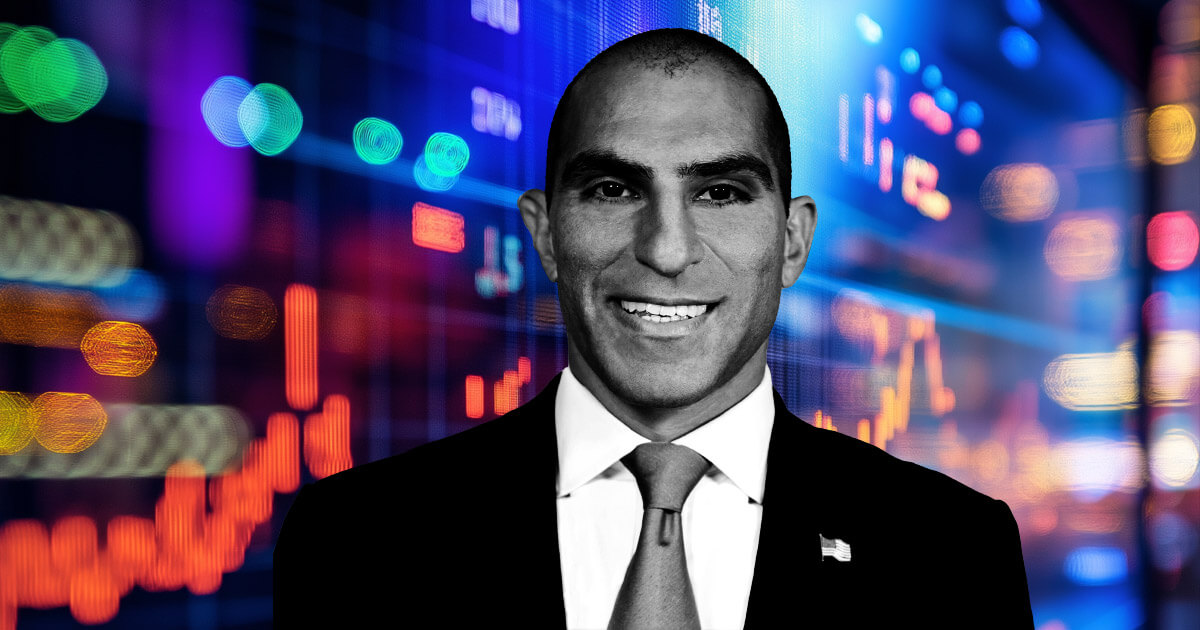- The former chairman of the Commodity Futures Trading Commission (CFTC) argues that the crypto industry urgently needs regulations.
- This call to action emphasizes the growing consensus about the critical need for regulatory clarity in the rapidly expanding crypto sector.
In an urgent call to action, the former chairman of the Commodity Futures Trading Commission (CFTC) insists that cryptocurrency needs regulation now more than ever. His plea underscores the urgent need for policy clarity as the crypto industry continues its rapid expansion.
The ex-CFTC chairman joins a growing chorus of industry experts, financial regulators, and lawmakers recognizing the importance of a well-regulated crypto environment. He argues that the absence of clear regulations presents significant risks to investors and could potentially hamper the growth and maturity of the sector.
Cryptocurrency, by its very nature, operates in a decentralized and uncontrolled environment, which while innovative, also presents significant challenges. Without a clear regulatory framework, market manipulations, fraudulent activities, and cybersecurity threats pose substantial risks to both individual investors and the broader financial ecosystem.
The lack of regulation also creates uncertainties for businesses and entrepreneurs who want to operate in this new digital landscape. A well-defined legal framework could foster innovation by providing clarity and security for businesses, thereby encouraging further growth in the sector.
The call from the ex-CFTC chairman signals a timely reminder that the crypto industry is no longer a fringe element of the financial world, but a growing sector that requires immediate attention from policymakers. It’s a call to action that could shape the future of the industry, protect investors, and promote innovation within the bounds of a regulated environment.
In conclusion, the former CFTC chairman’s plea for immediate regulation is a testament to the current status of the crypto industry. It’s a call that regulators and policymakers cannot afford to ignore, for the sake of the industry’s healthy and secure future.
Related
Credit: Source link















































